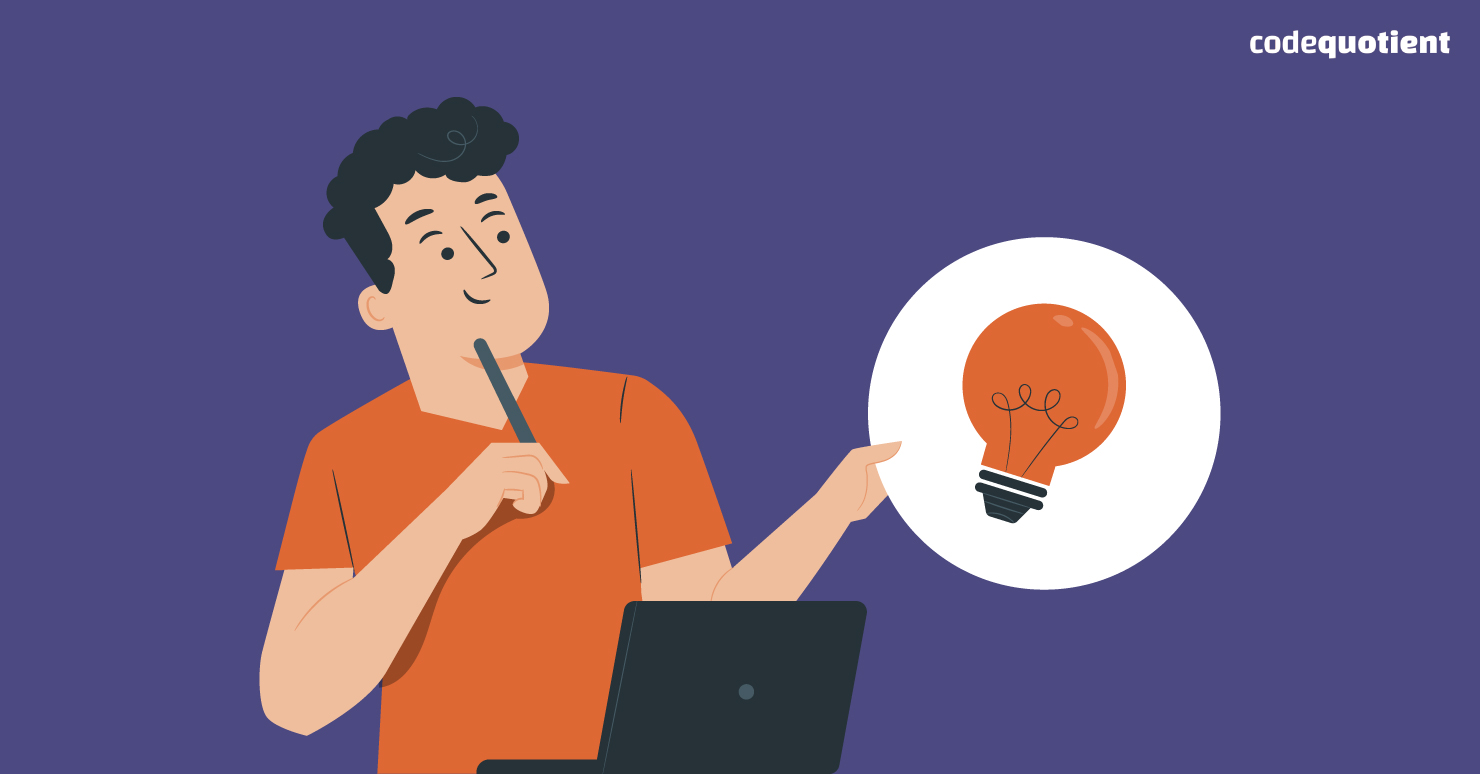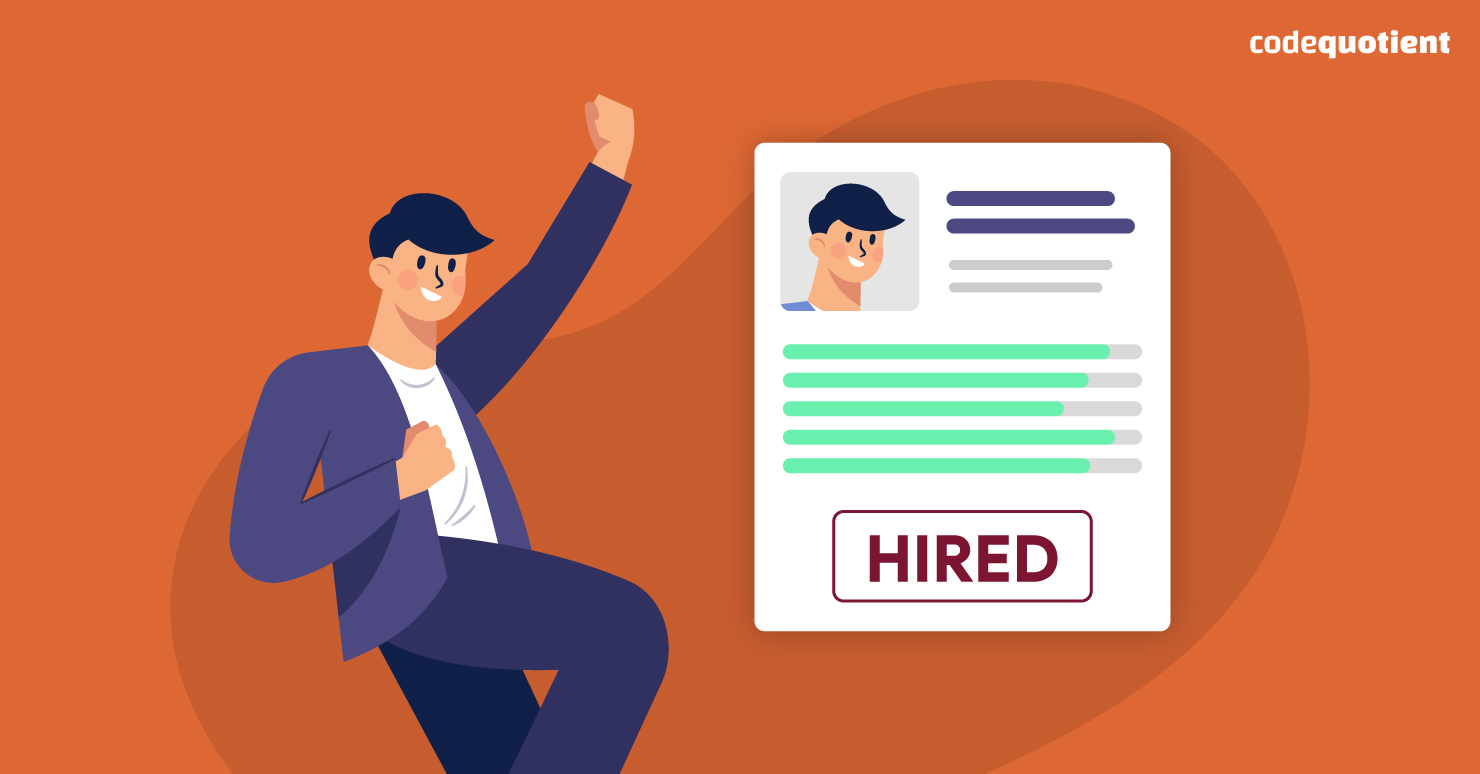Rejection in job interviews is one of the most depressing things to job aspirants. Unfortunately, coders are no exception to this human feeling. If you fail to crack a coding interview, it can lead to imposter syndrome.
To put it simply, imposter syndrome is a feeling of not belonging. The feeling of not being enough can lead to a dangerous downward spiral that everyone needs to avoid or overcome.
But failing to crack a job interview is not always a fair reflection of your skills. In many cases, it’s not even about your coding skills but more about your interview skills.
So here are six steps that can help you hone your interview skills and crack any coding interview:
6 Fundamental Tips to Crack Any Coding Interview

1. Mock interviews
Mock interviews may seem unnecessary, but they are not. There is merit to the argument that doing mock interviews does prepare you for the kind of questions that the interview panel will ask.
While it is true that you cannot practice for the exact questions, you can still prepare for the kind of situation that an interview room brings with it.
The trick is to do your mock interviews with complete seriousness. One of the easiest ways to practice is with a friend who is also preparing for coding interviews.
That way, you can force each other to bring out the best and even intimidate each other with tricky questions.
As the old saying goes, the more you prepare for a battle, the less you bleed on the battlefield.
2. Pay attention to what the interviewers say
It can be challenging to be attentive to every word that the interviewers say in an interview due to stress and nervousness. You must first beat the nervousness with mock interviews. Once you start feeling less nervous around interviewers, you can focus on each word they speak.
Interviewers would often deliberately be unclear about a question. There are two reasons behind this: First, it tests your listening skills. Secondly, it reveals whether you can identify the gaps in the question and ask relevant questions about it.
Attentiveness is also a matter of practice. If your mind is full of chatter at all times, it will be challenging to be attentive to the people around you. These things go far beyond hard coding skills but play an equally important role in interview success.
3. Make your examples comprehensive
Drawing an example is a part of every coding interview, but many candidates make a poor example. The biggest problem with a bad example is that it does not cover enough use cases.
A unidimensional example leaves a wrong impression on the interviewers. Remember that how well you set your example can be a more significant determinant than your core coding skills. In case you start with a bad example, do not be hesitant to go back and rectify it.
4. Talk about gaps and how you can address them
If you cannot develop a perfect piece of code, don’t let that be a demotivating factor. Instead, approach it rationally and see where you can improve. Then, talk about how your code can be optimised and done better.
It’s a good thing for coders to be aware of their limitations. It’s even better when they have possible solutions to the limitations. Interviewers will not be unimpressed if you show enthusiasm and interest in the code you’ve written.
5. Practice on white paper
Coding on a computer is the only way to practice, but not when it comes to interviews. Using keyboards and screens along with tonnes of corrective features makes typing easier.
But it’s not necessarily the best thing. Coding on plain white paper is challenging for any coder, but the best of the lot would do it nonetheless. So start coding on paper; the results will be apparent in no time.
In most interview scenarios, you will not have a laptop to demonstrate your coding skills. Therefore, practising on paper is also a way to prepare for the interview.
6. Take your time
Take your time if you do not understand a question; take your time if you can’t arrive at a solution, and take your time if you feel too nervous. If the final result is good, it’s worth the extra time.
Many candidates think taking too much time is a bad thing for interviews. But in reality, taking too much time and not producing results is terrible.
Do not rush through the interview and try to impress with speed. Show your collected self instead, and you would have a better chance of being hired.
To learn more interview tips and tricks, head to the Tech Interview resource section at CodeQuotient.




